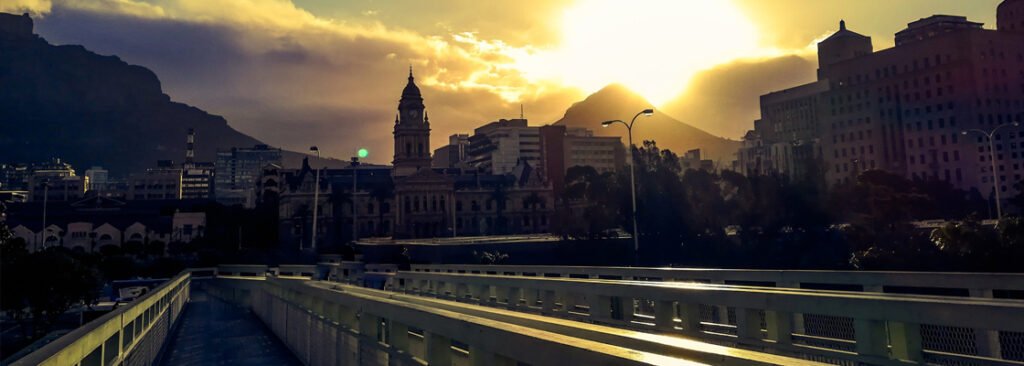Goodbye 2020

Goodbye 2020: it is certainly one year I’m not sorry to see the end of. Although it is probably going to be a year with a long reach into the new year and beyond. What will be interesting is to see the books – novels and memoirs – that this year will produce.
From what I hear tell by publishers, 2020 has seen it’s fair share of pandemic novels land on their desks. It’s understandable. The year has been traumatic to say the least and writing about it is one way of making sense of the tumult. But is the novel the best way of responding to a crisis?
I’ve always thought that fiction comes into its own when it’s not directly dealing with a current situation in national or international affairs. For me, the immediate is the terrain of non-fiction whereas fiction leaves an historical record of our emotions. Put another way: non-fiction speaks to the present; fiction speaks to the future (and, of course, to the past).
Novels
It was interesting to come across a piece by Ian Rankin in the Spectator, where he wrote about the early lockdowns of the pandemic and what novels might deal with in the coming times.
“I’m often asked when I’ll write a pandemic novel. I’m not sure I’d ever be tempted, though the backdrop of Edinburgh’s deserted streets at the height of the (first) lockdown certainly provided food for the imagination. I dare say novels will arrive — some may even be good. But I find that fiction concerning momentous events usually benefits from the dust having settled. Only then can we begin to comprehend the human costs, stresses and implications, by which time there may also be an audience ready to relive the experience. In the near future, however, I foresee a hunger for escape to a gentler and more reasonable world.”
I’m with Rankin on this score although I can see how the pandemic will cast its shadow: characters will now be wearing masks, frequently washing their hands, trying to keep their distance from strangers. How this is going to impact on the relationships between characters will be intriguing. Masks in bed? Tantric sex? The mind boggles.
Memoirs
Writing in The Oldie magazine, Frances Wilson, a writing teacher who specialises in what is called “life-writing” (memoirs, family histories and biographies) had a Zoom session with students early in the lockdowns and found that as the present had been put on hold, her writers were turning to the past.
“Some […] were tracing their heritage […] and finding a host of previously unknown relatives around the world; others were recording their experiences of cancer or motherhood or marriage. Plenty had been up in the attic unearthing the letters of parents or grandparents. […] Families all had their secrets. One woman learned her grandfather was a bigamist; another that her uncle was a murderer…”
2021
Clearly there is much to be gained from this awful year. For many writers it has brought the past to life; for others it is an opportunity to leave a record for the future.
Many of you will probably be in a similar position to me: ideas for a new book beginning to swirl; a character standing in the shadows waiting to step forward; a constant feeling of unease – like the tension in the air before an electric storm. Actually it’s an exciting moment of anticipation: how will the past year influence our future writing?
We shall see.
Till then best wishes for the New Year.
Get more out of your writing.
Click here for a course on Writing Fiction. Click here for a course on writing a memoir, Writing Reality. If you’re looking for supervision while writing your memoir or novel, join The Writers’ Masterclass. There’s a new class starting in February 2021.